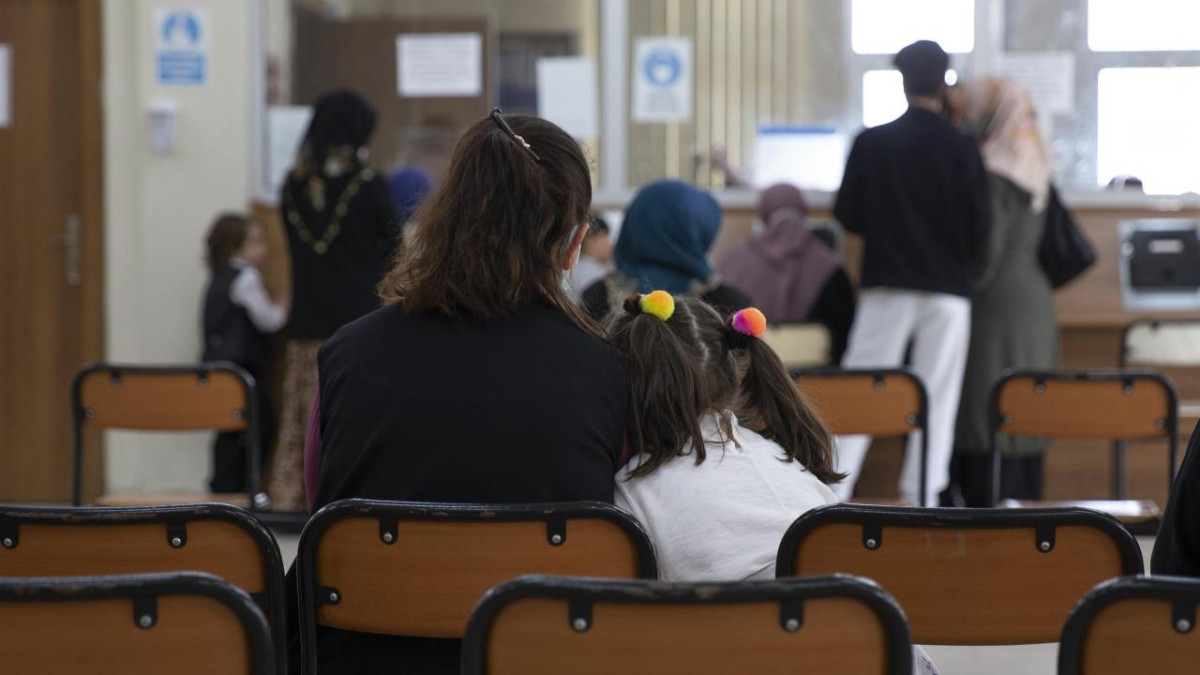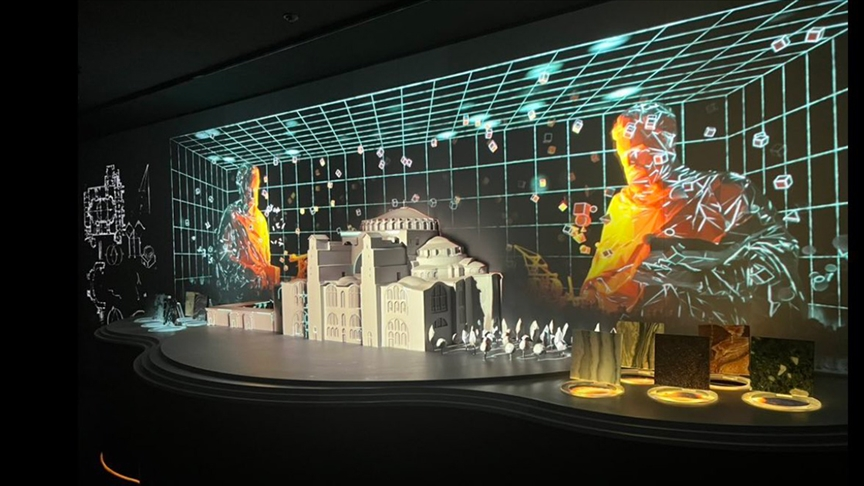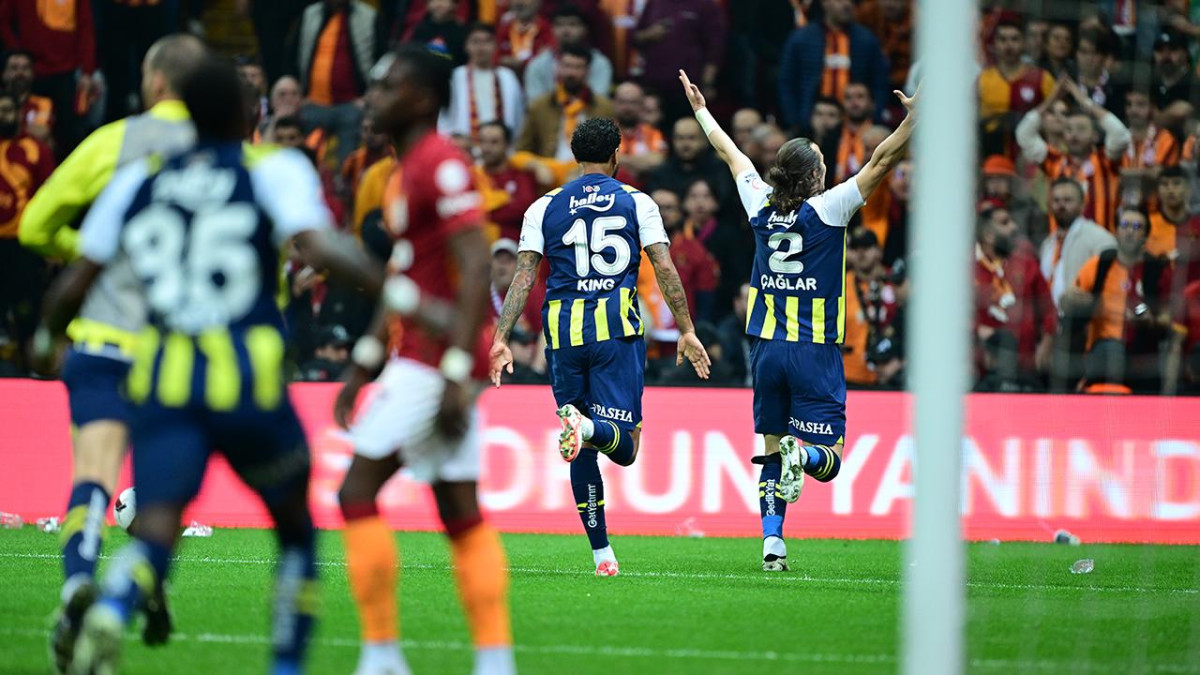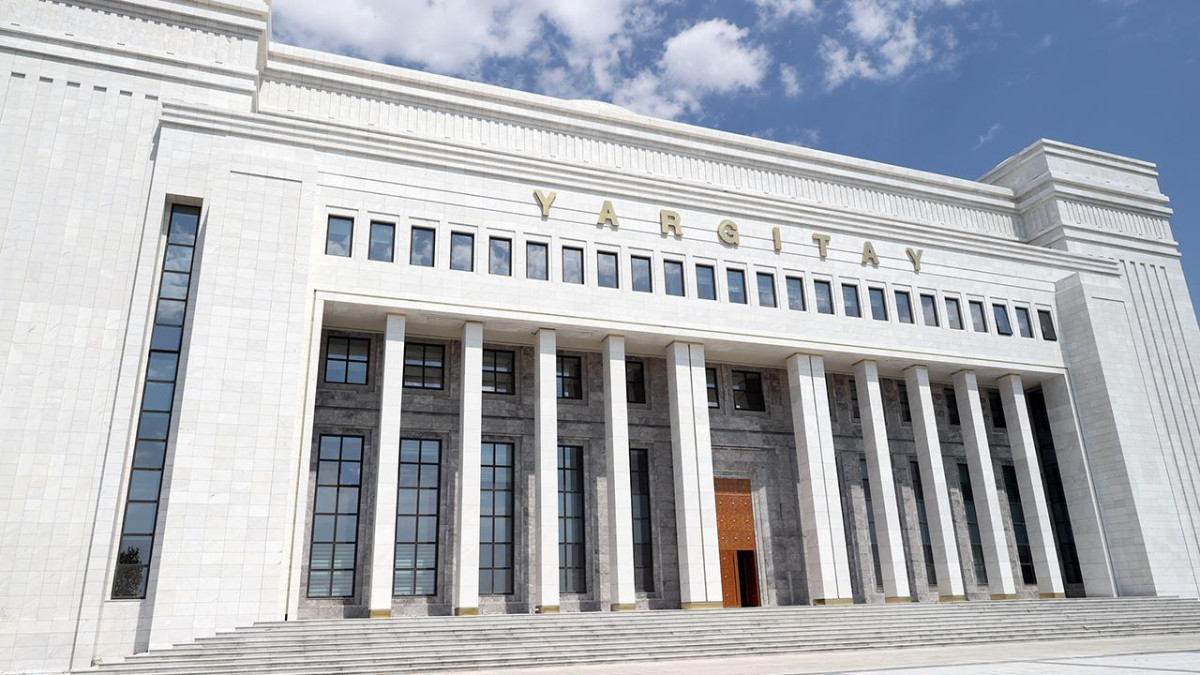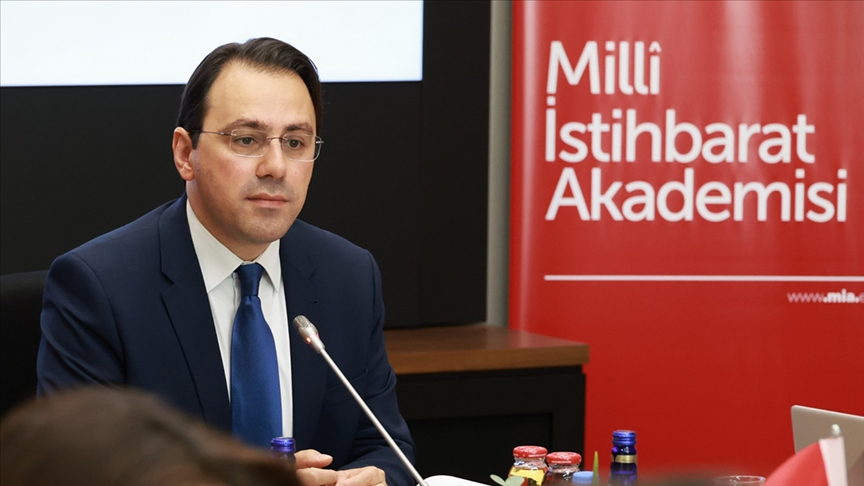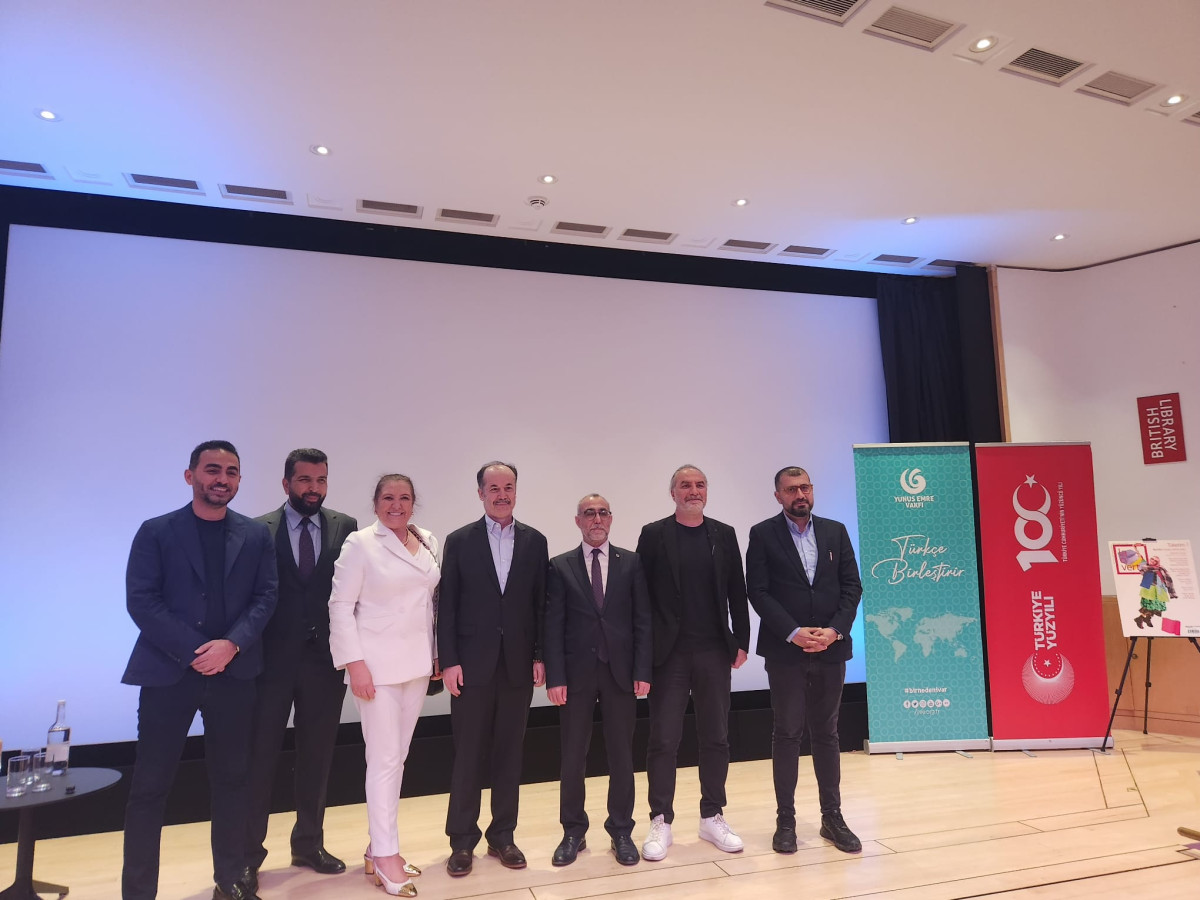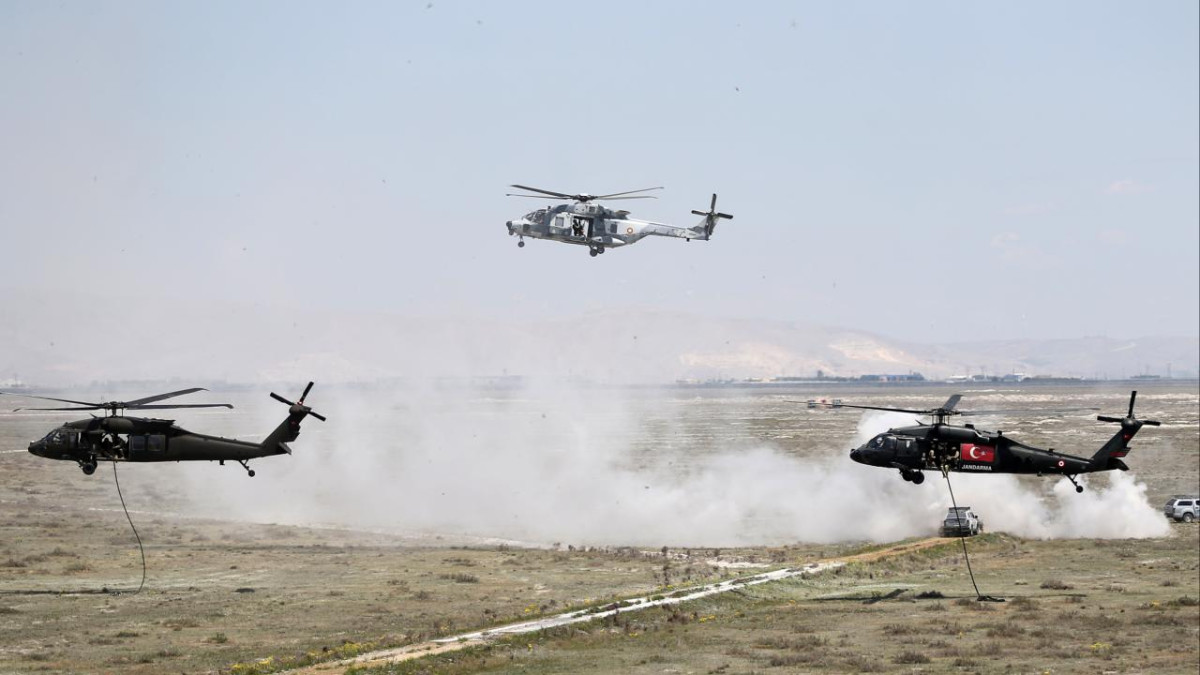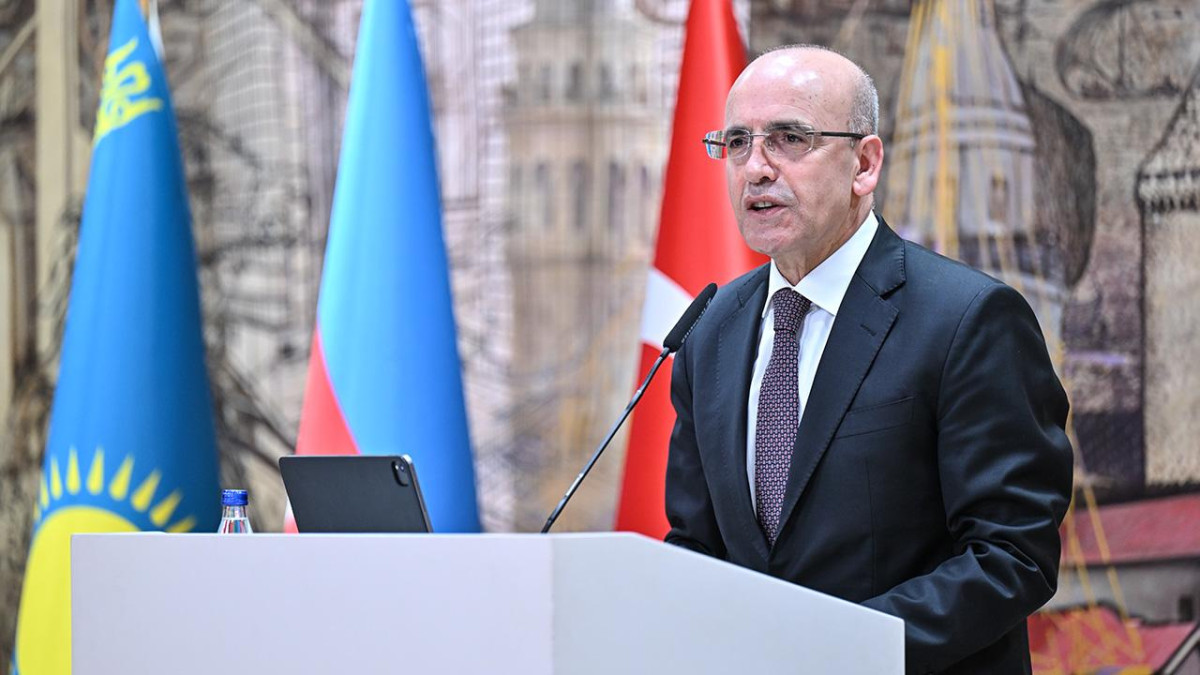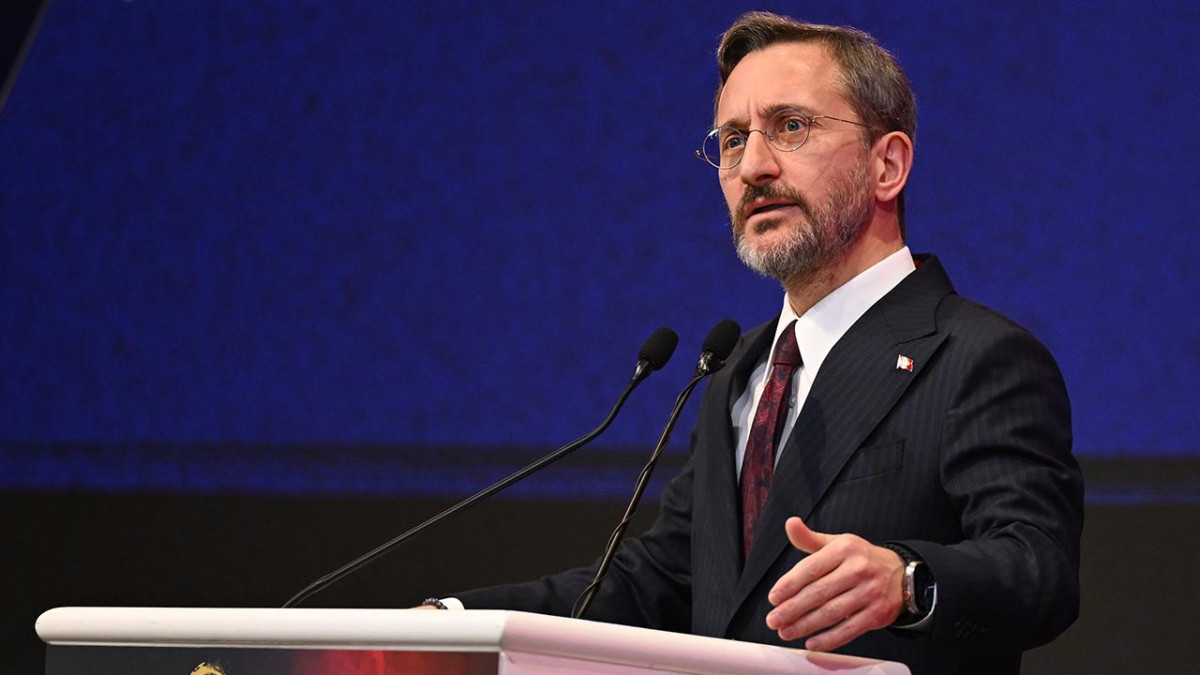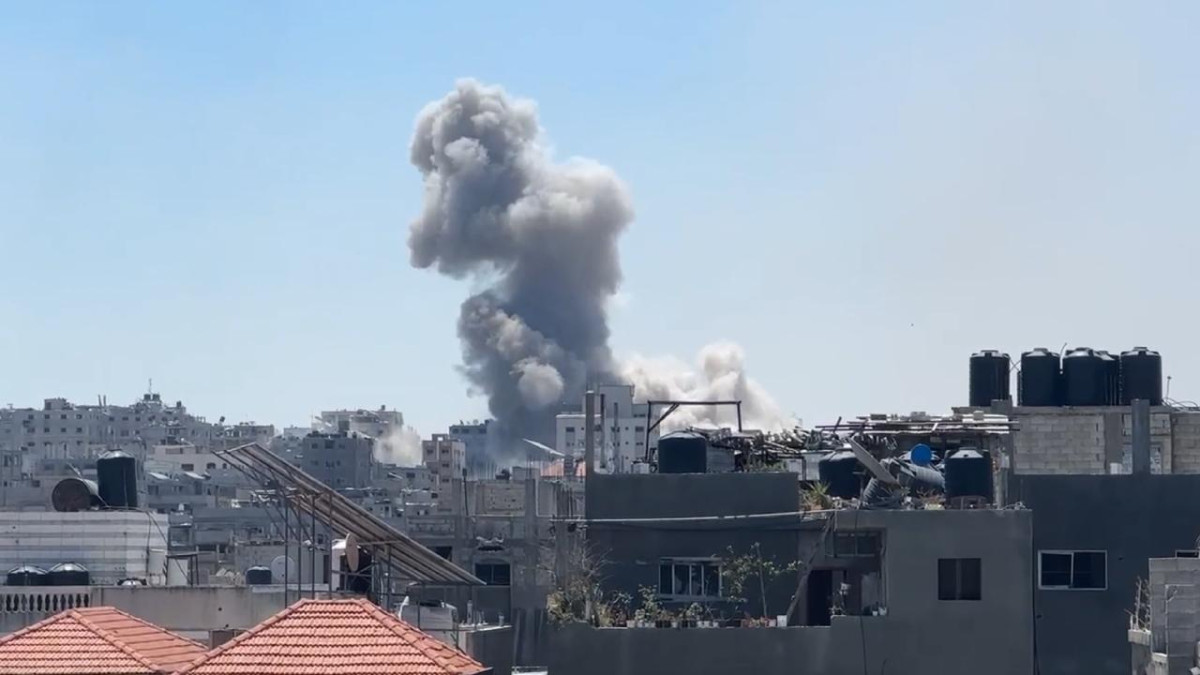‘There will be no peace for Israel without a Palestinian state’: EU foreign policy chief
‘There will be no peace for Israel without a Palestinian state’: EU foreign policy chief
Representatives from around 40 nations in Union for the Mediterranean meet in Barcelona to discuss Israel-Palestine conflict, lay groundwork for future peace
Without a Palestinian state, there will be “no peace or security for Israel,” the EU foreign policy chief said on Monday.
Josep Borrell made the remarks in Barcelona for the eighth ministerial forum of the Union for the Mediterranean (UfM), which began on Monday, and is being attended by representatives from around 40 nations to discuss the Israeli-Palestinian conflict and lay the groundwork for future peace.
Speaking at the forum, Borrell said: “In the history of the most serious conflicts, there is always a moment when the darkness of the situation can only lead to a horizon of peace. I am convinced that beyond the shocks and emotions, that both peoples are committed to peace.”
“(Palestinian group) Hamas is more than just an organization … it is an idea, an ideology. And you cannot kill an idea unless you can prove that you have a better one. To defeat the ideology of Hamas, Palestinians need a credible political prospect for statehood,” said Borrell.
“Because both have equal and legitimate rights to the land, they will have to share (the land). We need to help them agree on that. Alone, they will not be able to,” he said.
The top EU diplomat also said that he was “appalled” to learn that the Israeli government plans to commit new funds to build new illegal settlements. He called such settlements “Israel’s greatest security liability” and a grave breach of international law.
International law views both the West Bank and East Jerusalem as occupied territories and considers all Jewish settlement-building activity there illegal.
Also at the forum, Spanish Foreign Minister Jose Manuel Albares laid out a framework that said he hoped all of the member states attending could agree upon. It includes ending the bloodshed and ensuring that the Gaza Strip is handed back to the Palestinian Authority when the hostilities end.
Albares said he hopes definitive peace talks can be held "as soon as possible so the international community can back the agenda."
Need for aid to Gaza, 2-state solution
Members of the Mediterranean group also discussed the need for continued and sustained supplies of humanitarian aid to Gaza. Janez Lenarcic, European Commissioner for crisis management, said: “All parties are bound to facilitate this under international humanitarian law.”
In their opening remarks, the EU, Saudi, and Jordanian foreign ministers all stressed the need for a two-state solution.
"We must endeavor to overcome the current crisis and move towards a credible and serious plan for peace. There is no sustainable alternative to reviving the two-state solution," said Saudi Foreign Minister Prince Faisal bin Farhan Al Saud, speaking on behalf of the Organization of Islamic Cooperation and the Arab League.
Later on X, Spain’s Albares said "a strong message of peace and hope" came out of Barcelona on Monday.
"(A message) To put an end to this tragedy that must never be repeated, and for definitive peace in the Middle East," he underscored.
Jordanian Foreign Minister Ayman Safadi, for his part, said: “By opting for peace we are not taking sides. The peace we seek must fulfill Palestinians' right to freedom and statehood, and must address Israel’s legitimate concerns.”
“We agreed on a number of principles and common areas including the need to abide by international law and get in humanitarian aid,” said Safadi. “This is not a meeting where we expected to agree on everything, but we came together to have a conversation.”
On Monday afternoon, Safadi said the organization may release a chair summary, though there were still points of debate.
"Today the reality is clear — achieving real and effective regional integration and cooperation can only come through a just and lasting peace for Palestine, Israel and the whole region, based on the two-state solution," said Nasser Kamel, secretary general of the Union for the Mediterranean.
Near the end of the meeting, Kamel said that all nations involved condemned the Oct. 7 Hamas attack on Israel. That attack was followed by over 40 days of Israeli bombardment of the Gaza Strip, now suspended under a four-day humanitarian pause for hostage swaps and supplying much-needed aid to Gaza.
The Union for the Mediterranean was founded 15 years ago in the wake of the Oslo Accords in the spirit of shared peace and prosperity for the Mediterranean region.
Israel, one of the group’s founding members, did not send representation to Monday's meeting.
No joint statement was released.
Yorumunuz başarıyla alındı, inceleme ardından en kısa sürede yayına alınacaktır.




